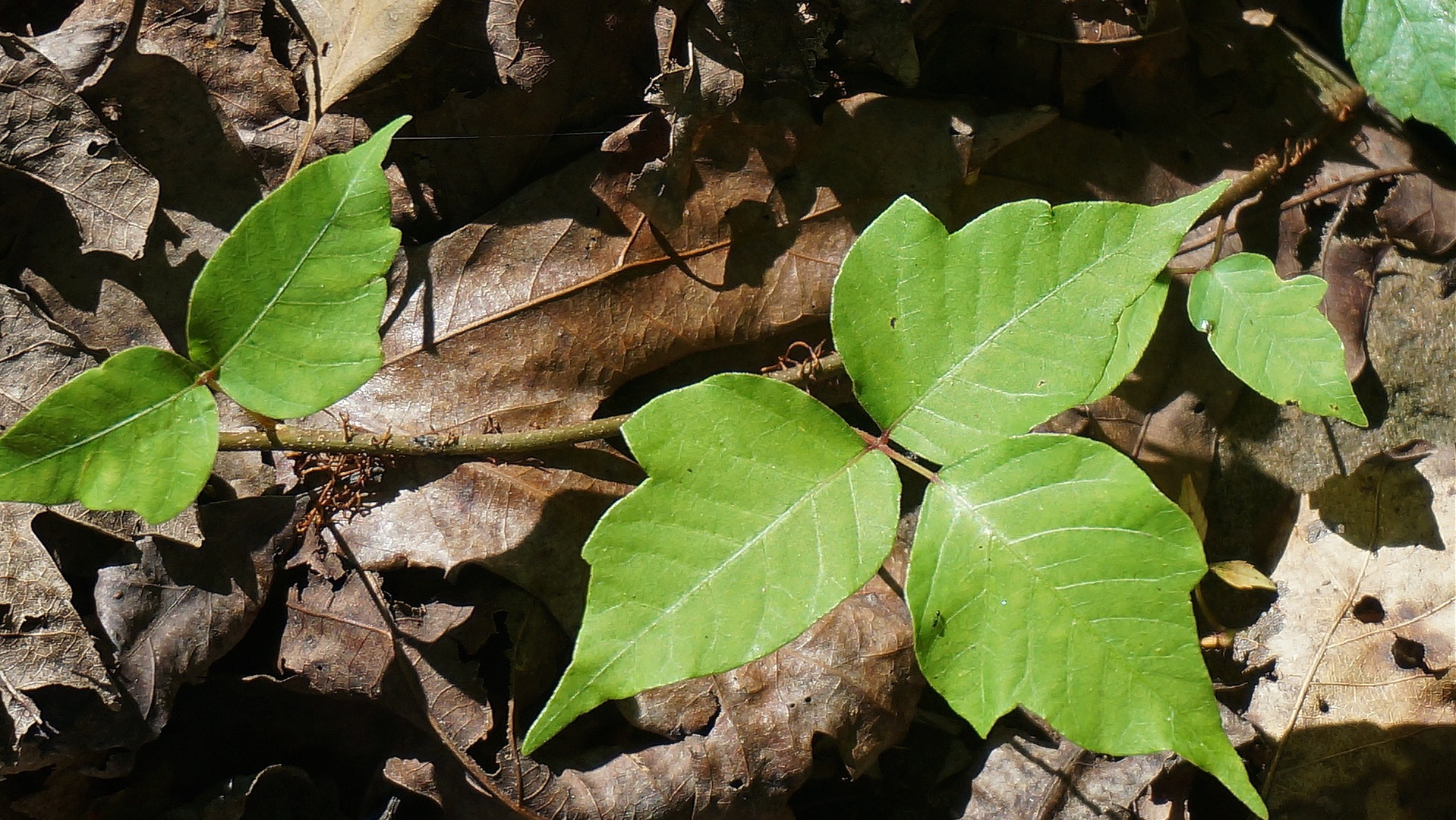Homeopathic Remedies Using Rhus Toxicodendron (Rhus Tox / Rhus-t)
Formal Name: Rhus Toxicodendron / R. Radicans
Also Known As Rhus Tox, Poison Ivy, Poison Oak
Rhus tox may not be a household name in homeopathic remedies, but it is significant in this field. Most people are familiar with poison ivy or poison oak and may have experienced the unpleasant reaction they cause upon contact.
Both poison ivy and poison oak contain urushiol, a compound that triggers an allergic reaction known as contact dermatitis. This reaction leads to an itchy, red rash often accompanied by bumps, blisters, and hives. Rhus tox, a homeopathic remedy, is derived from the urushiol in these plants but is prepared through dilution to eliminate harmful effects.
Origins and Preparation of Rhus Tox
Homeopathy works on the principle that "like cures like," and Rhus tox is a prime example. It was initially recognized as a potential remedy when a patient's painful blisters, caused by contact with poison ivy, were alleviated through exposure to the same plant. In preparing Rhus tox, poison ivy and poison oak leaves are finely chopped and diluted in alcohol. This process ensures that the final solution contains minimal to no trace of the original toxins, making it a safe homeopathic remedy.
Historical and Cultural Context
Rhus tox has a long history of use in traditional medicine, dating back to Native American remedies, where poison ivy was used in various treatments. The homeopathic use of Rhus tox was first documented by Samuel Hahnemann, the founder of homeopathy, in the early 19th century. He conducted numerous experiments to establish its efficacy and safety, leading to its inclusion in the Materia Medica, a comprehensive compendium of homeopathic medicines.
Practical Use and Dosage
Rhus tox is typically administered in the form of small, sugar-coated pills or liquid dilutions. The dosage varies based on the individual's condition and severity of symptoms. It is crucial to consult a qualified homeopathic practitioner for personalized recommendations. Over-the-counter options are available, but professional guidance ensures safe and effective use.
Homeopathy Benefits of Rhus Tox
Rhus tox is a versatile and valuable remedy in homeopathy, relieving various conditions, particularly those related to skin, joints, muscles, and women's health. Its historical roots, modern research, and broad applications underscore its importance in holistic health care. Understanding its preparation, benefits, and patient profile can help effectively utilize this remedy, making it a cornerstone of homeopathic practice.
Skin Complaints
Rhus tox is highly effective in treating various skin issues. Common complaints include:
- Burning and itching: Provides relief from these symptoms.
- Swollen and red skin: Reduces inflammation and irritation.
- Associated conditions: Useful for diaper rash, blisters, eczema, and even herpes.
Rhus tox alleviates the symptoms and helps the body naturally heal the underlying issue.
Joint and Muscle Ailments
Rhus tox is widely used for various joint and muscle-related problems, including:
- Rheumatic fever: Eases the symptoms associated with this condition.
- Viral infections: Alleviates joint and muscle pain caused by the flu or other viral infections.
- Mobility issues: Helps with difficulty standing or walking due to pain or stiffness.
- Numbness and stiffness: Addresses numbness in the arms and legs and back stiffness.
Women's Health Issues
Women experiencing heavy or prolonged menstrual periods may find Rhus tox beneficial. Additionally, it is recommended for:
- Burning sensation in the vagina: Relieves discomfort.
- Abdominal pain: Alleviates pain often associated with menstrual issues.
Rhus Tox Homeopathic Remedy Profile
Individuals who may benefit from Rhus tox often exhibit certain personality traits and symptoms:
- Irritability: Prone to frequent bouts of irritability.
- Depression: Suffer from regular episodes of depression, sometimes leading to crying for no apparent reason or even suicidal thoughts.
- Lack of pleasure: Experience little joy in life, particularly sensual pleasures.
- Climate sensitivity: Highly susceptible to changes in climate, susceptible to cold.



